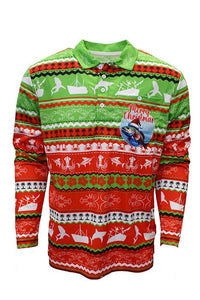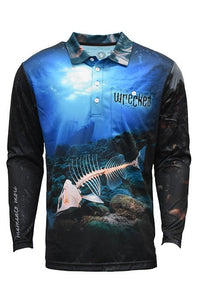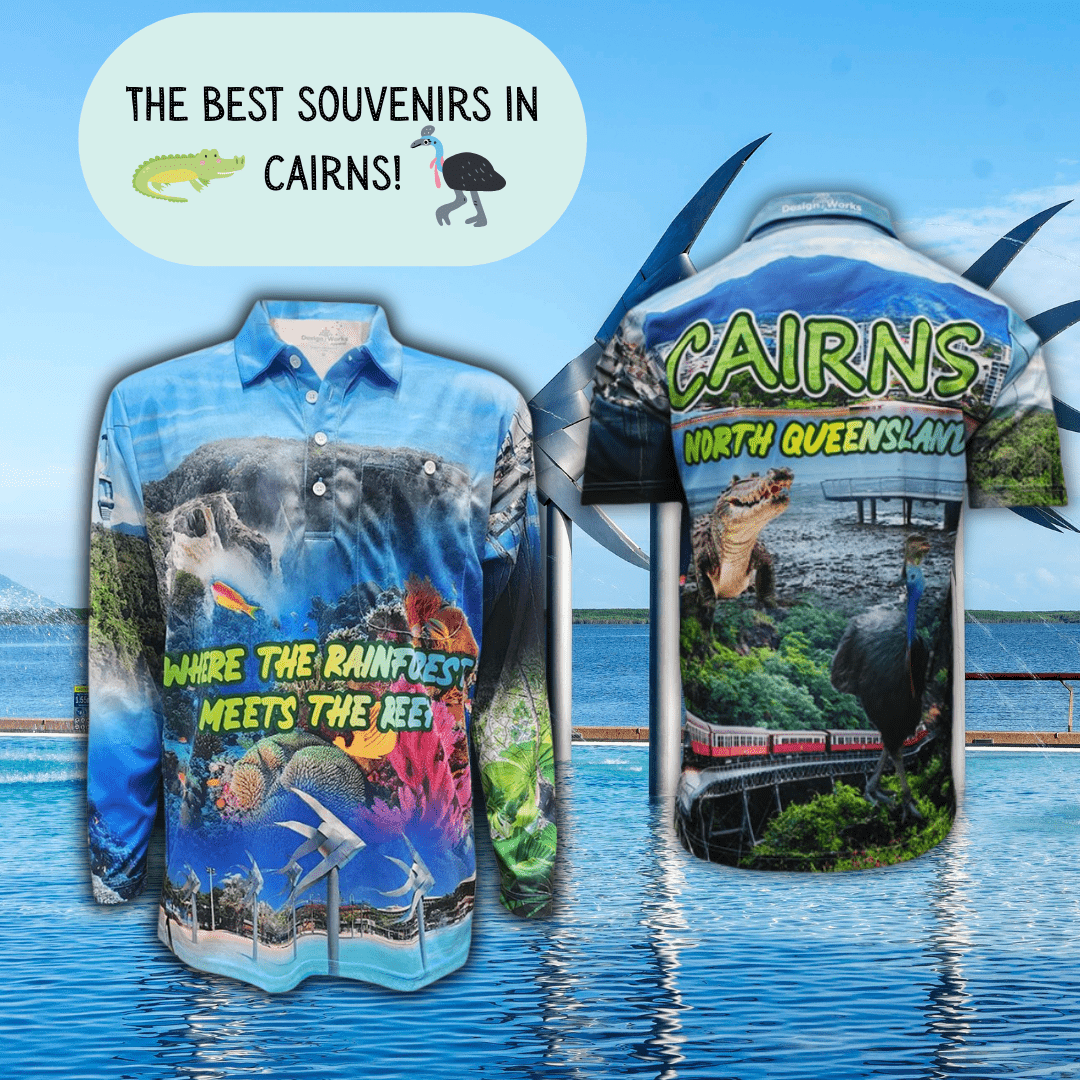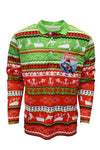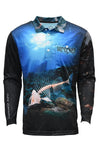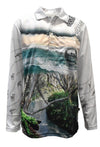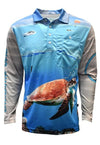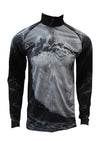Many of our customers love to get out on the ocean and throw in a line! But did you know that fishing line pollution is a significant environmental threat? Fishing lines, also known as fishing nets or fishing gear, can cause severe damage to marine life and contribute to plastic pollution in the ocean. Here are some of the ways fishing line pollution impacts the marine environment:
1. Entanglement: Fishing lines, especially discarded or lost nets, can entangle marine animals like sea turtles, dolphins, whales, and seabirds. This entanglement can lead to injuries, amputations, or even death, as it restricts their movement and ability to feed.

(image source newscientist.com)
2. Ghost Fishing: Abandoned or lost fishing gear continues to trap and catch marine organisms even when there are no fishermen actively using it. This phenomenon is known as "ghost fishing" and can result in the unintentional killing of marine life, including commercially important species.
3. Habitat Destruction: Fishing lines and nets can damage sensitive habitats like coral reefs and seagrass beds when they get tangled or dragged along the ocean floor. This destruction disrupts the delicate balance of these ecosystems, impacting numerous marine species that depend on them.
4. Ingestion: Marine animals, such as fish, turtles, and seabirds, can mistake small pieces of fishing line for food. Ingesting these materials can lead to internal injuries, blockages, and ultimately, death.
5. Microplastics: Over time, fishing lines break down into smaller fragments, contributing to the growing problem of microplastic pollution in the ocean. These microplastics can be ingested by marine organisms and enter the marine food chain, potentially reaching humans through seafood consumption.

(image source myearthwater.com)
How can you make sure that you can continue to enjoy fishing without harming the oceans? Here are some tips to help you minimize line pollution and fish responsibly:
1. Use Biodegradable Fishing Gear: Choose fishing gear that is biodegradable or environmentally friendly. For example, use fishing lines and nets made from natural fibres or biodegradable materials.
2. Properly Dispose of Trash: Ensure that you bring back from your trip all the trash and fishing waste you produce, such as bait containers, snack wrappers, and other garbage. Dispose of it properly in designated trash bins or recycling facilities.
4. Do Not Discard Fishing Line: Fishing lines can be particularly harmful to marine life, so never discard them in the water. Bring used fishing line back with you and dispose of it properly in designated receptacles.
5. Support Conservation Efforts: Get involved in local conservation efforts or organizations that promote sustainable fishing practices and protect marine environments.

(Check out our range of fishing clothes here)
By following these guidelines, you can enjoy fishing while reducing your impact on the environment and helping to preserve marine ecosystems for future generations!


